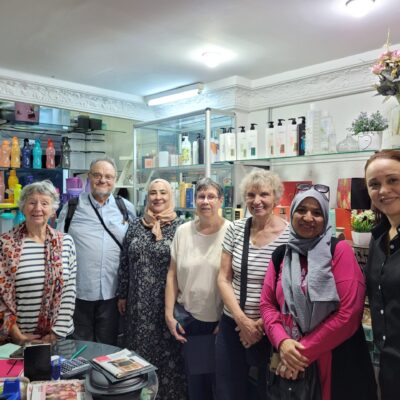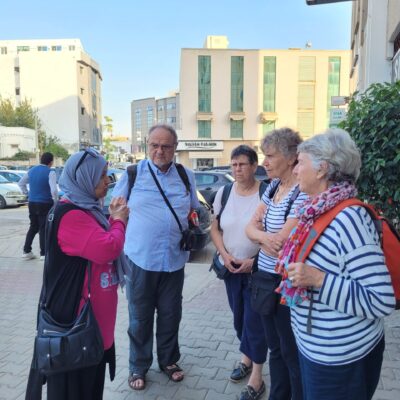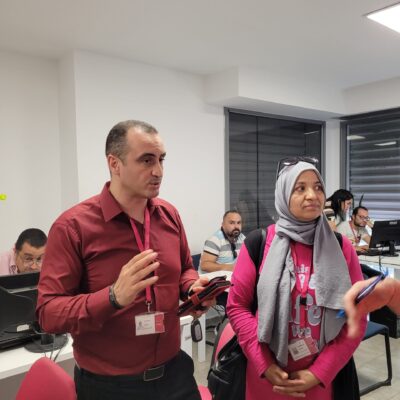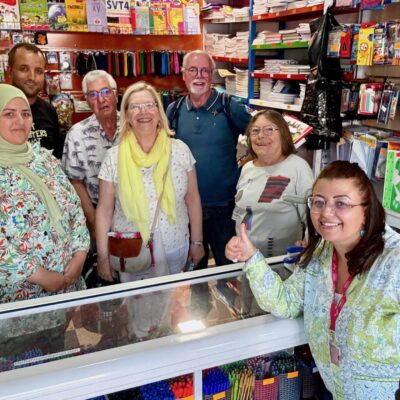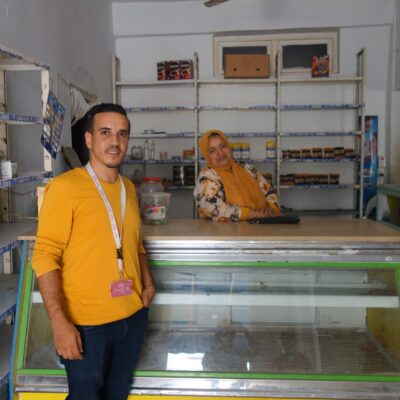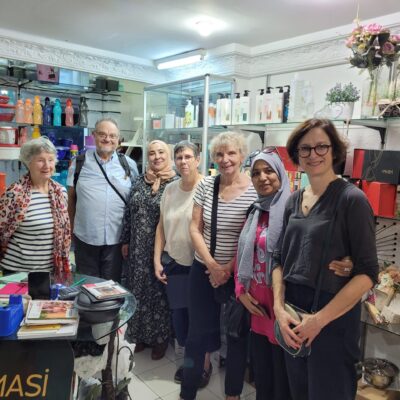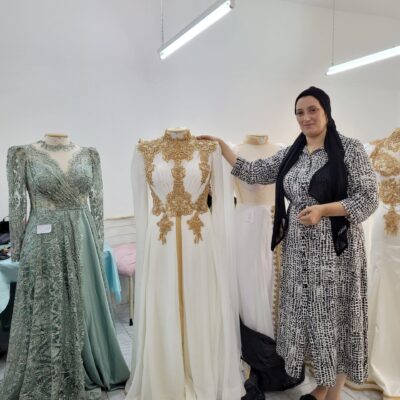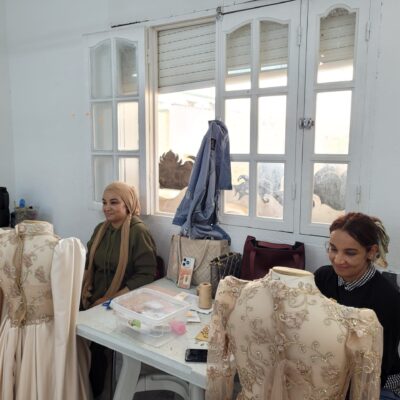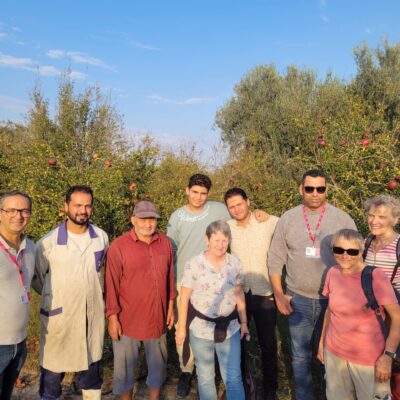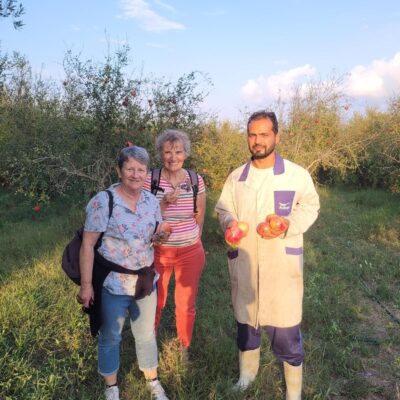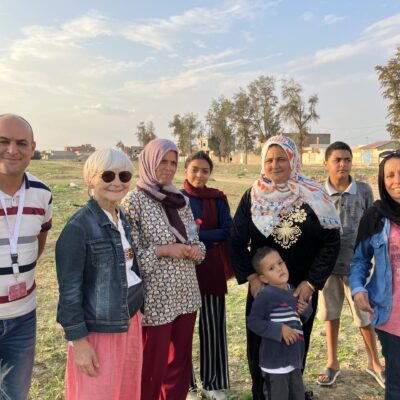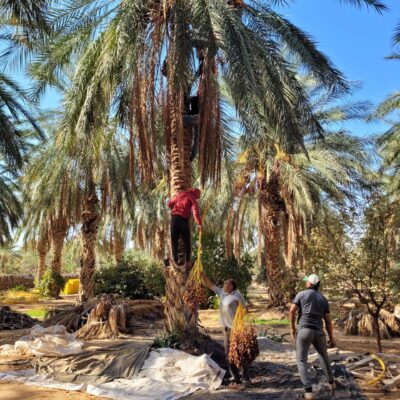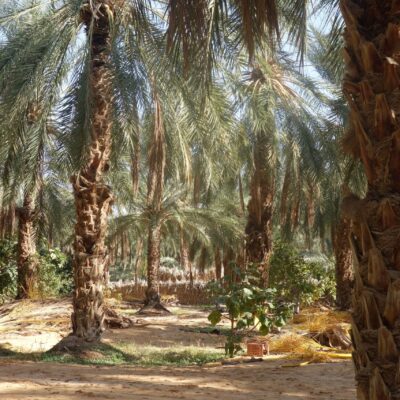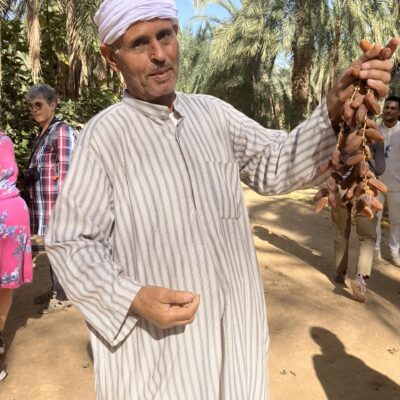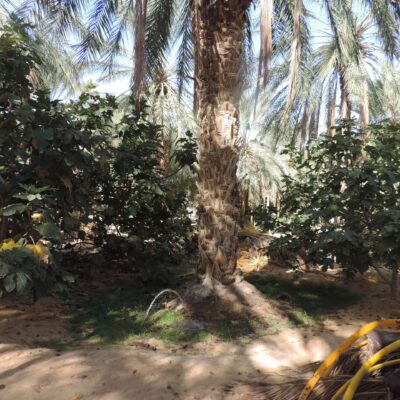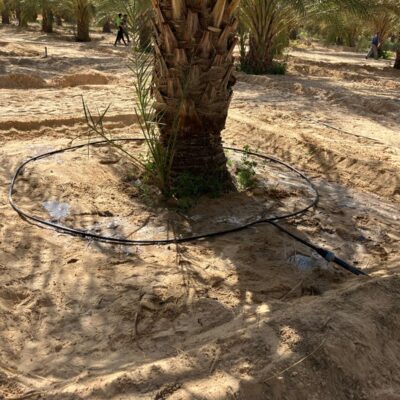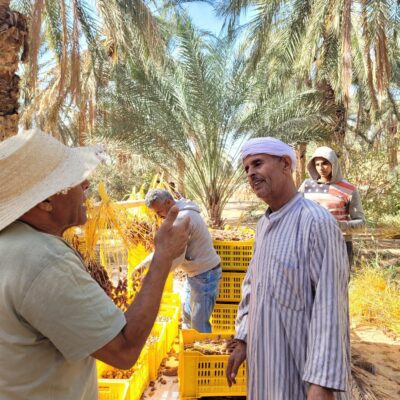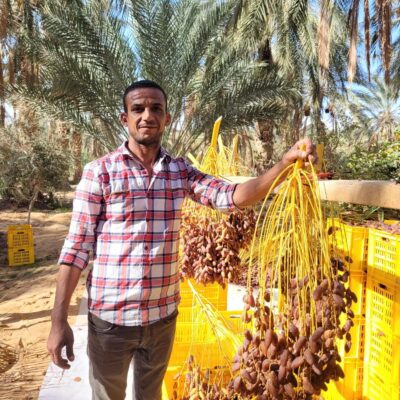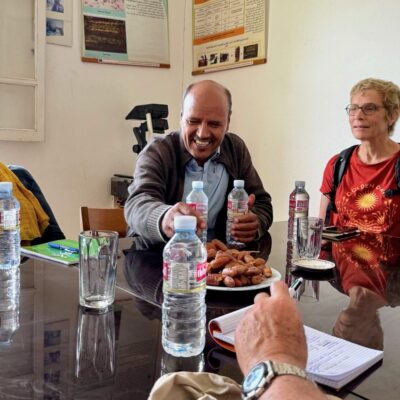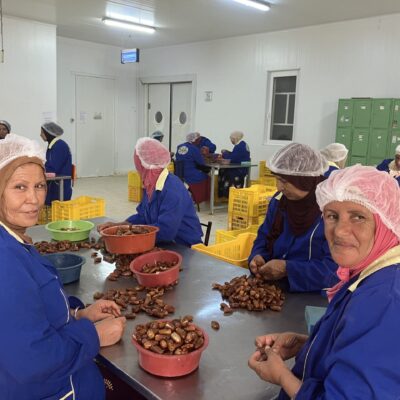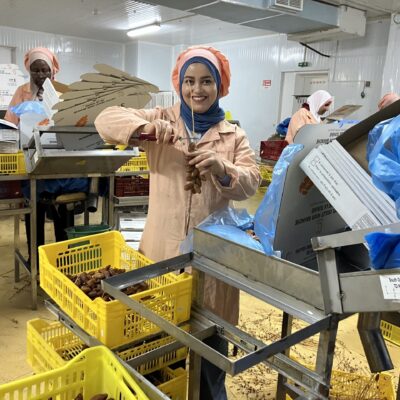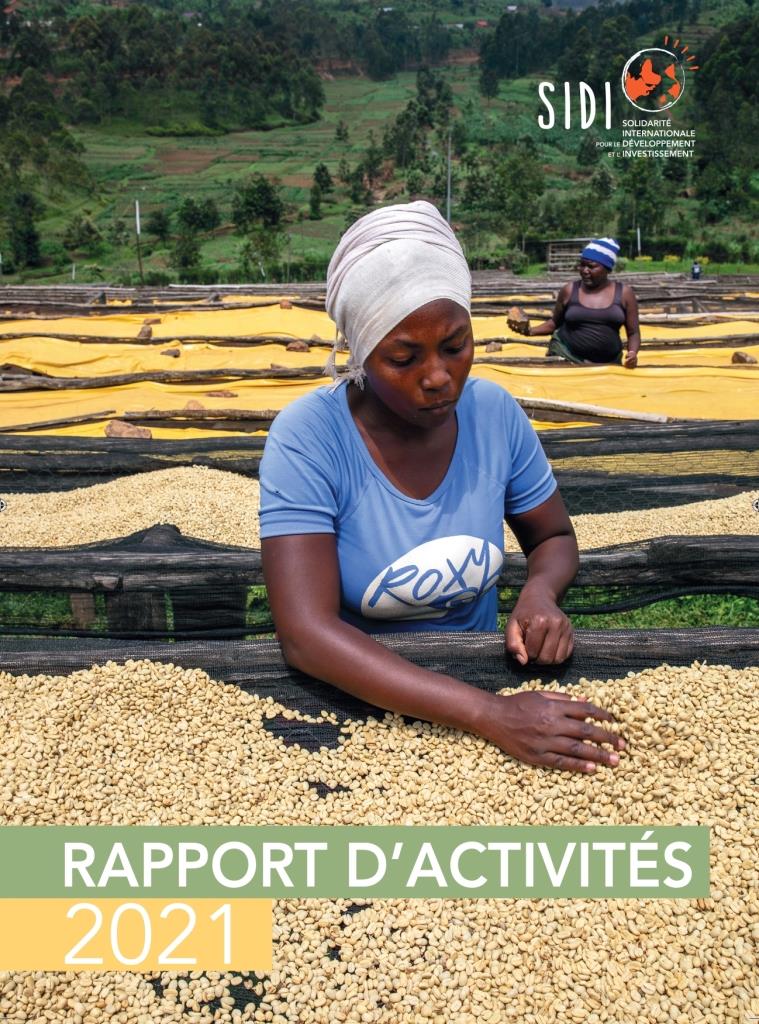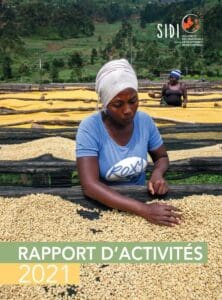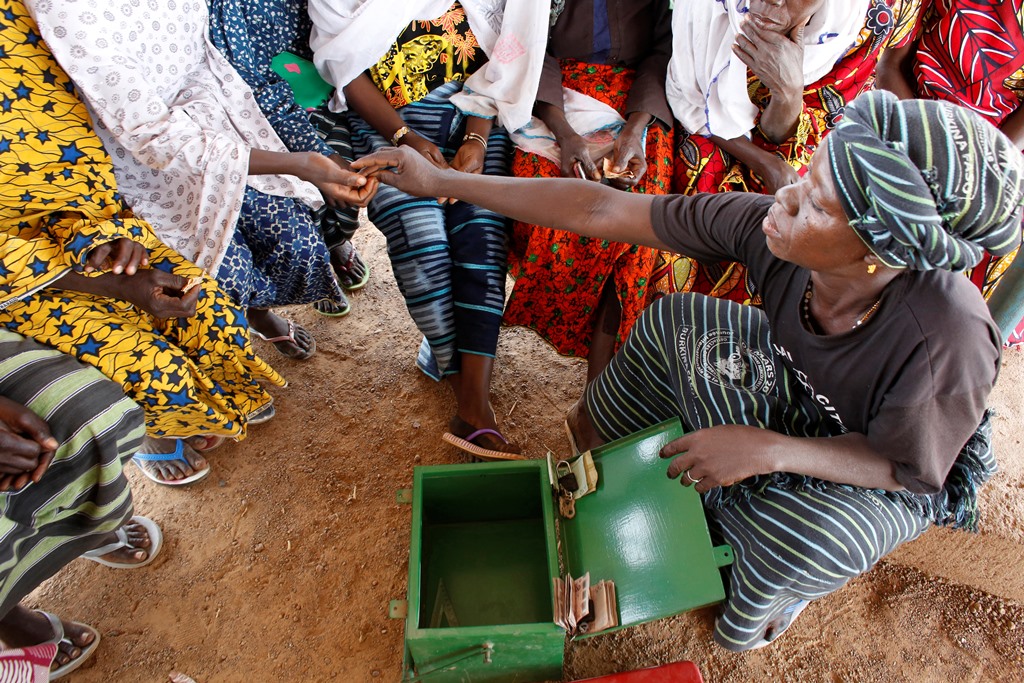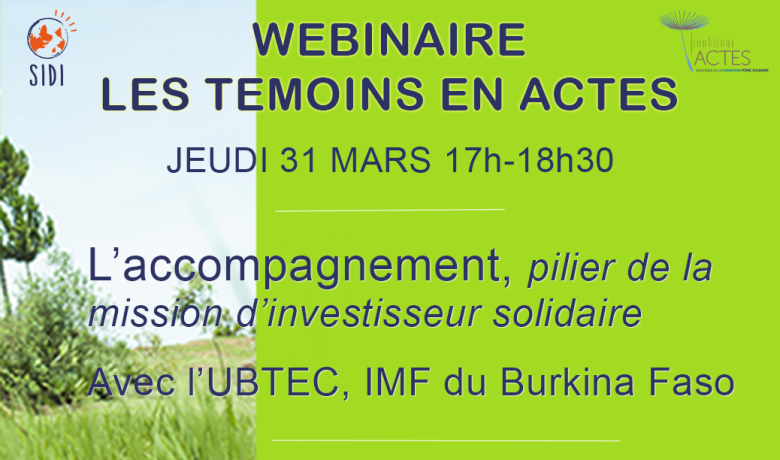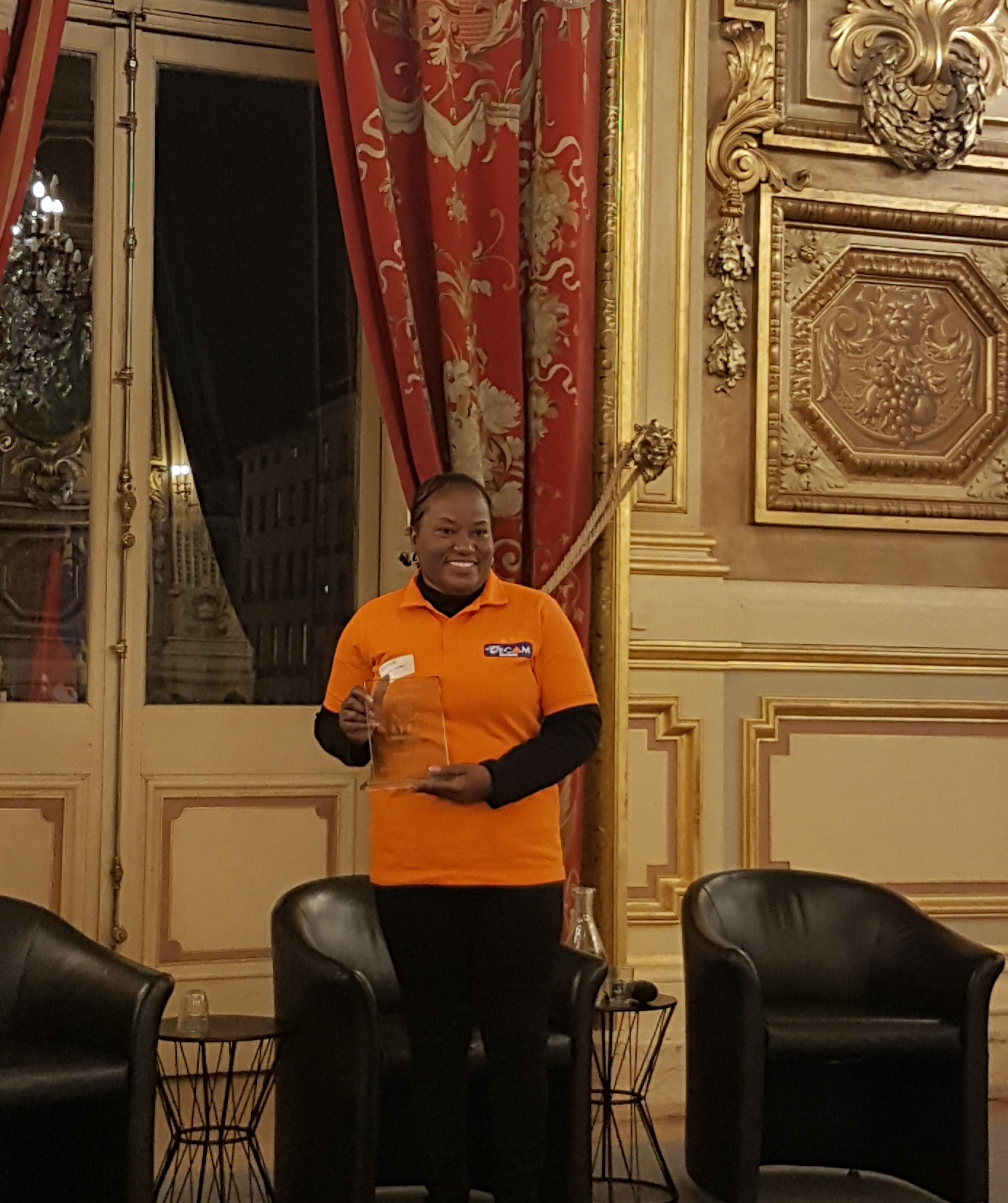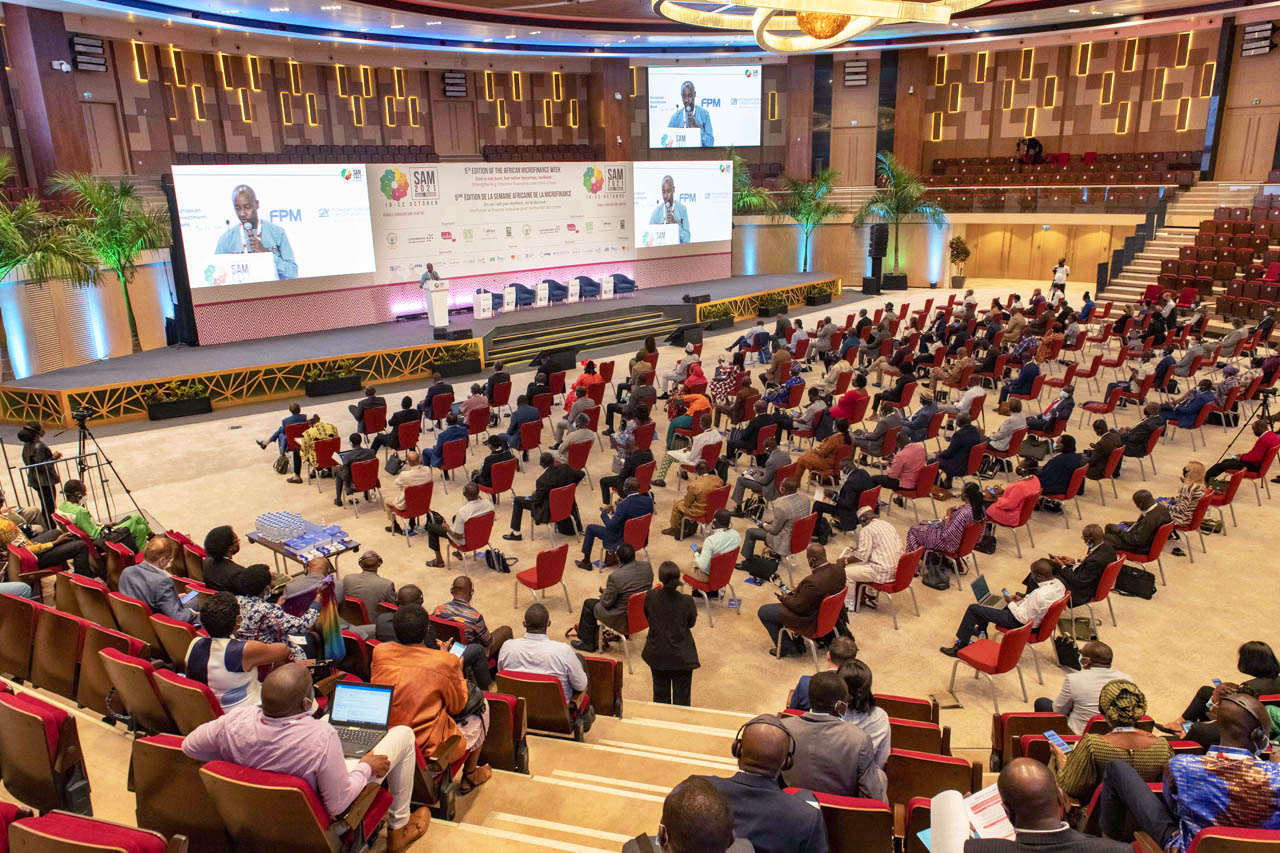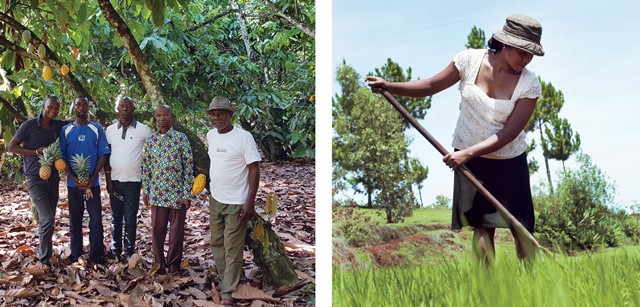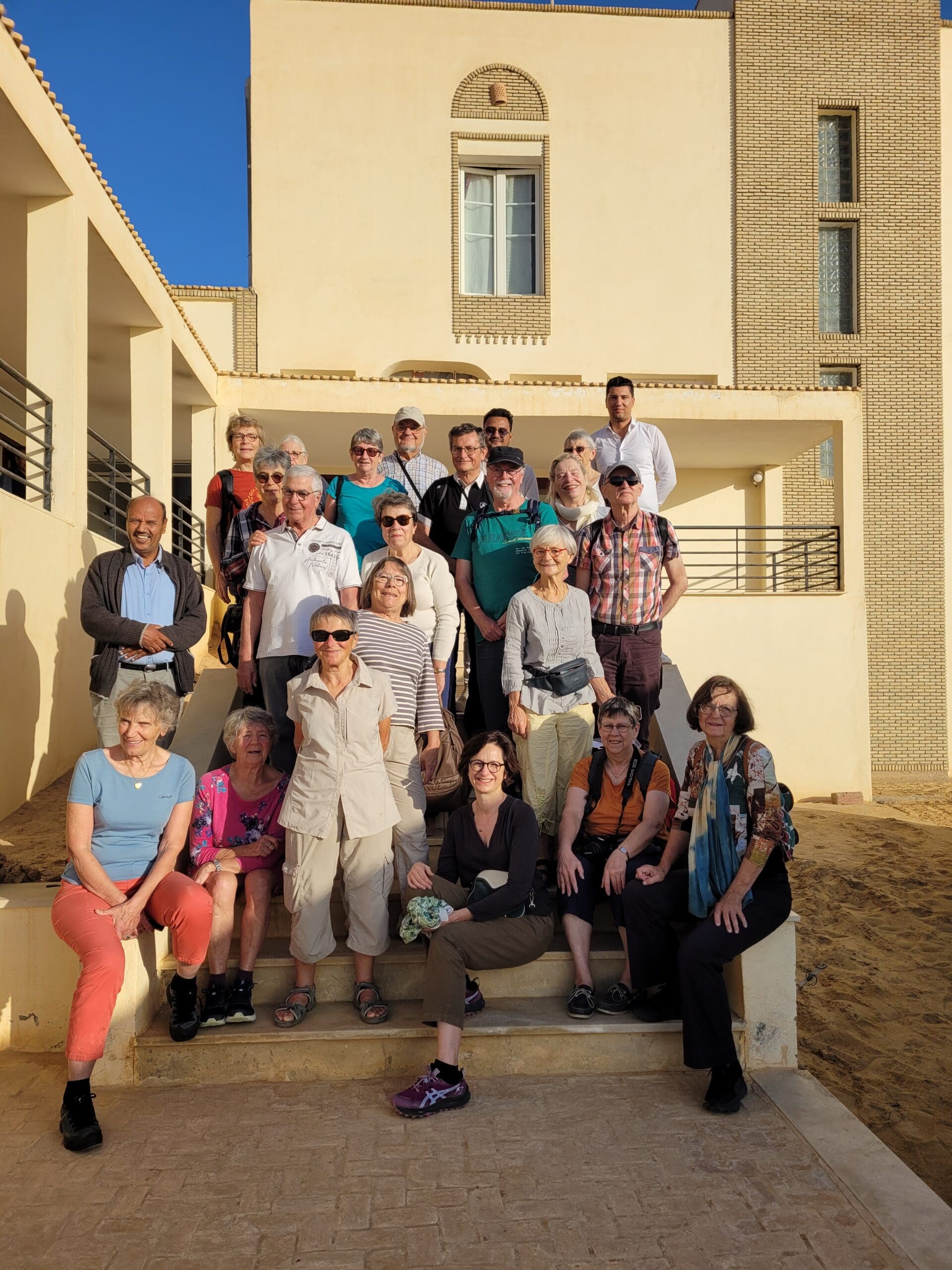
At the beginning of November, a group of SIDI savers and solidarity shareholders travelled to Tunisia to discover how their investments come to life in the field. The trip enabled them to meet SIDI’s local partners and discover the projects supported, thus embodying the chain of financial solidarity that unites savers here and micro-entrepreneurs or small producers there.
Tunisia is facing multiple crises: democratic transition at a standstill, deteriorating public services, galloping inflation, very high unemployment, particularly among young people, large-scale emigration to Europe and Canada, illegal immigration from sub-Saharan Africa, etc. These political, economic and social challenges are compounded by environmental issues, in particular the water crisis exacerbated by recurrent droughts. Added to these political, economic and social challenges is the environmental issue, and in particular the water crisis exacerbated by recurrent droughts. In this context, SIDI’s partners, whether in sustainable agricultural sectors such as Beni Ghreb and South Organic, or in the microfinance sector such as Enda Tamweel, play a crucial role in supporting vulnerable communities in their economic development and improving their living conditions.
Enda Tamweel: microfinance for emancipation
Enda Tamweel has become the country’s leading Microfinance Institution (MFI): 472,000 customers for a country of 11 million inhabitants. SIDI has been a partner since its creation in 2015, when it acquired a stake in the MFI. Enda Tamweel offers small loans designed to support micro-entrepreneurs and small farmers in their economic activities. It primarily targets the informal sector (59% of its customers live below the poverty line), women and young people, and the rural sector with strategic support for agriculture. Today, the MFI is the leading financier of small-scale agriculture in Tunisia.
During our visits, we were able to talk to beneficiaries whose inspiring stories illustrate the impact of this organization. In a working-class district of Tunis, we met Amina, a shopkeeper and Enda customer for many years. Amina is on her 12th loan cycle with Enda, which has enabled her to expand her business, build up sufficient stock, send her children to school and secure her future. In another district, a sewing workshop supported by Enda for over 20 years now employs seven women, demonstrating that microfinance can be a lever for long-term sustainable development. In Kairouan, in the center of the country, another beneficiary impressed us with his small dairy cow farm. This project, which began with the purchase of a single cow thanks to a microcredit, has gradually grown to include seven cows and a fully-equipped barn. With the ongoing support of his specialist advisor, he now meets the strict standards of the local dairy, which collects his milk.
From the farmer who started out with one cow to the craftswoman who makes evening dresses and now employs seven seamstresses, these initiatives bear witness to the lasting impact of microfinance. This support goes far beyond the financial. Enda offers all its customers free training and local support, guaranteeing a strong relationship of trust between loan officer and beneficiary, as well as the sustainability of projects and genuine social inclusion. These initiatives transform not only individual lives, but entire communities.
South Organic and Beni Ghreb: innovation in the face of the water crisis
In southern Tunisia, water management is a daily challenge for farmers, especially date growers. We headed for the Hazoua oasis, on the Algerian border, where a family of producers has set up and runs a small business marketing and exporting Beni Ghreb dates. The company is backed by the Groupement pour le Développement de l’Agriculture en Biodynamie, which groups together around a hundred producers from the oasis. The dates produced are of the excellent Deglet Nour variety. Attending the date harvest on one of the producers’ plots is a magical moment. We were able to see the sprinkler irrigation system in place, which saves 70% of water consumption, and allows other crops to grow between the date palms, notably fruit bushes. We then visited the packaging unit, which employs around a hundred young women from the village. Beni Ghreb is struggling to maintain its autonomy in a very fragile economic context. The emotion was palpable when the founder recalled that, thanks to the financial support of SIDI, and therefore of its shareholders, the community had overcome major crises such as drought, insect infestations, and above all the Covid crisis which had halted exports. “This project is life for Hazoua,” he insisted.
South Organic, another of SIDI’s partner date-packing and export SMEs, located in Kebili, some 100 km to the east, is also tackling the water issue with innovative solutions. South Organic works with 200 certified organic producers and employs just over 500 people, most of them women. Accompanied by the director and quality control manager, we visited their Al Wahaat pilot orchard, where the hydraulic engineer in charge of the project explained the irrigation system in place. This system drastically reduces water wastage by targeting the exact needs of crops, storing water, and alternating irrigation techniques according to the time of year. With this optimal water management, the crop stages under the date palms (legumes, arboriculture etc.) are re-established and can provide growers with additional income while promoting local biodiversity. The pilot orchard is open to all farmers in the region; they are invited to visit the plot and adopt these new techniques, thus amplifying its impact on a local scale.
A universal message
Each stage of this journey illustrated the strength of concrete and effective international solidarity. The projects encountered, whether in microfinance or sustainable agriculture, embodied the values that SIDI stands for: perseverance, solidarity and respect for people. For the participants, the trip not only enabled them to see the impact of their investments, but also to nurture their commitment to fairer, more sustainable development.

